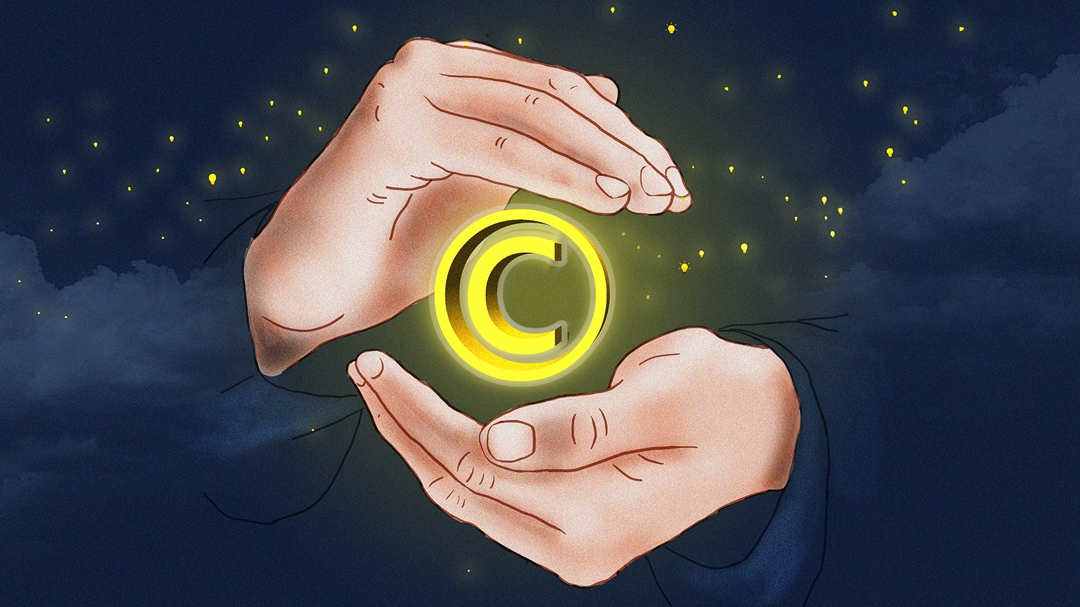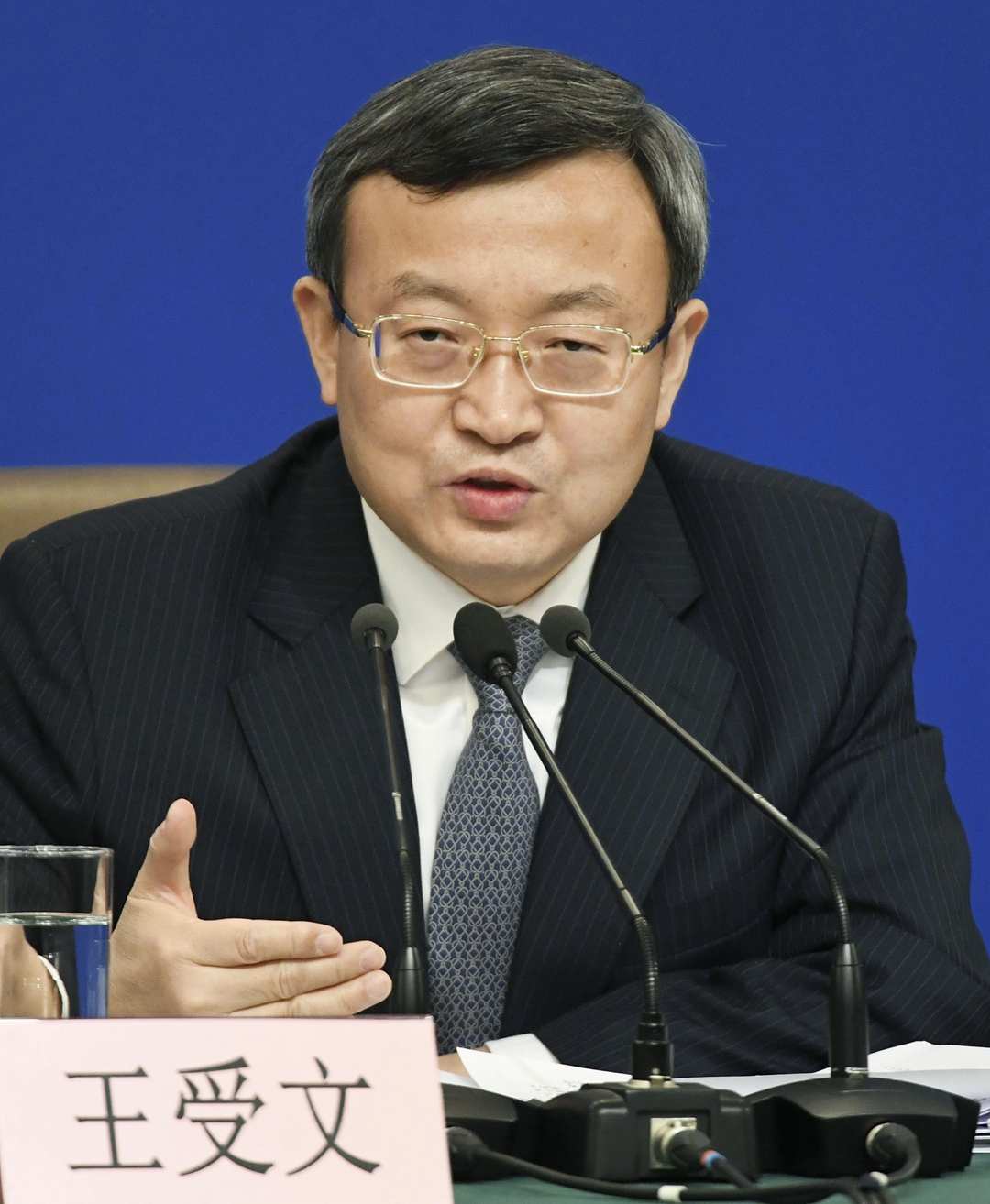
Technology
20:44, 01-Jun-2019
Official: U.S. accusations of China's IP 'theft' are groundless
CGTN

The United States' accusations of China' Intellectual Property Rights (IPR) "theft" and forced technology transfer are completely out of nowhere, Chinese Vice Minister of Commerce Wang Shouwen said on Friday.
China's achievements in IPR protection are obvious to all, Wang said, citing a series of official statistics.
In 2018, China's invention patent applications reached over 1.5 million, ranking first in the world for eight consecutive years. Among them, 148,000 were applied by foreigners in China.
"The content of a patent is open to the public. If it is stolen, people will find out immediately and the application cannot be filed," Wang noted.

File photo of Chinese Vice Minister of Commerce Wang Shouwen /VCG Photo
File photo of Chinese Vice Minister of Commerce Wang Shouwen /VCG Photo
Besides, China has also imported a large quantity of patents from other countries. Last year, China spent more than 30 billion U.S. dollars on foreign patents and technologies, an increase of almost four times compared with 10 years ago, with an average annual growth rate of 13.2 percent, according to Wang.
China has established a relatively complete IP legal system. This April, the country just revised the Trademark Law and the Anti-Unfair Competition Law to further strengthen the protection of trademarks and trade secrets.
The newly passed Foreign Investment Law also explicitly prohibits forced technology transfer. Next step, China will also amend the Copyright Law and Patent Law, he said.
China attaches great importance to the judicial protection of IPRs, and has established the Intellectual Property Court of the Supreme People's Court, as well as IP courts in Beijing, Shanghai, and Guangzhou.
"How is IP protection in China? Foreign-invested companies in China have the most say," Wang said.
Currently, there are 19,000 U.S.-invested companies in China. A report on China's business environment released by the American Chamber of Commerce showed that among the major complaints of its member companies operating in China, IP infringement has come down from the fifth place in 2011 to the 12th in 2018, reflecting U.S. firms' recognition of China's improvement in IP protection.
"Of course, IP protection in any country is not perfect," he said.
Chinese President Xi Jinping emphasized that greater efforts should be made to strengthen international cooperation on IP protection at the second Belt and Road forum in Beijing.
"We will implement that and continue to work hard to create a fairer and world-class business environment for all kinds of enterprises," the vice minister said.

SITEMAP
Copyright © 2018 CGTN. Beijing ICP prepared NO.16065310-3
Copyright © 2018 CGTN. Beijing ICP prepared NO.16065310-3